Shifting patterns demand a new dengue strategy

We are deeply concerned by the rising number of dengue-related deaths at a time of year when such fatalities typically decrease. This November has already seen the highest number of deaths in the year, with 144 fatalities reported in the first 24 days of this month, including 11 in just the past 24 hours as of Sunday morning. Overall, according to the Directorate General of Health Services (DGHS), 459 patients have died this year from this mosquito-borne disease. This is only the second time in the last 24 years that dengue deaths have surpassed the 450-mark. Clearly, such a tragic toll could have been avoided had the authorities acted decisively and in a timely manner.
Admittedly, this year's dengue control efforts were disrupted by the July uprising, which left city corporations and municipalities unable to carry out their regular duties in the absence of mayors and councillors. However, once the interim government appointed administrators to replace the latter, we expected a swift resumption of mosquito-control drives. Unfortunately, both city corporations in Dhaka failed to do their part, and the situation was equally dire outside the capital. This daily has published many editorials urging action before it was too late, but nothing seemed to spur the authorities into action. It reflects not just inefficiency but also a certain disregard for public health, for which they must be held accountable.
Experts and entomologists have repeatedly warned about the shifting dengue patterns, but their warnings went unheeded. Previously, dengue was largely concentrated in Dhaka, but this year, cases outside the capital have exceeded those within, according to an October report by this daily. Furthermore, dengue cases that would typically decrease in winter show no signs of abating this year. If this trend continues, the situation may worsen in the coming days. Therefore, our dengue management strategy must account for these changing realities. Reportedly, many deaths this year have been due to late detection, with patients being diagnosed when it was too late. Since early detection is key to effective treatment, all healthcare facilities, including upazila health complexes, must be equipped to diagnose and treat dengue promptly. The government should also ensure that dengue tests are available at subsidised rates.
As for city corporations and municipalities, they must conduct regular anti-mosquito drives and awareness campaigns as these can have a significant impact on reducing cases. With dengue now endemic, we need sustained, year-round measures to curb its spread and prevent needless deaths.

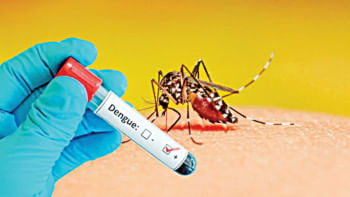
 For all latest news, follow The Daily Star's Google News channel.
For all latest news, follow The Daily Star's Google News channel. 
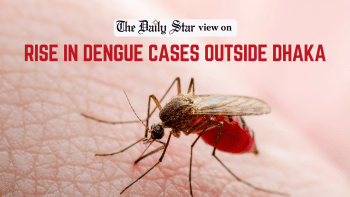



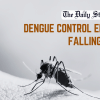
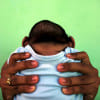

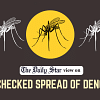


Comments